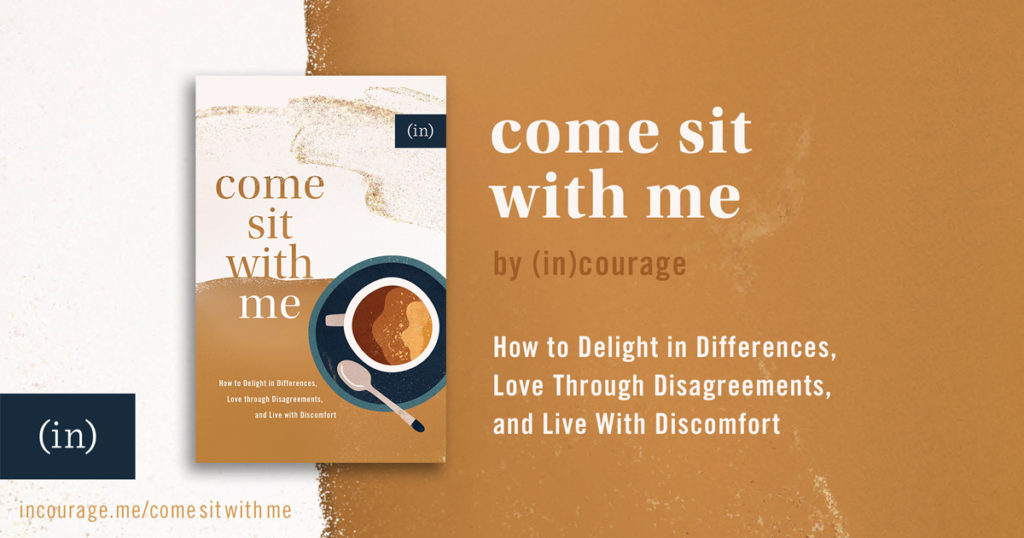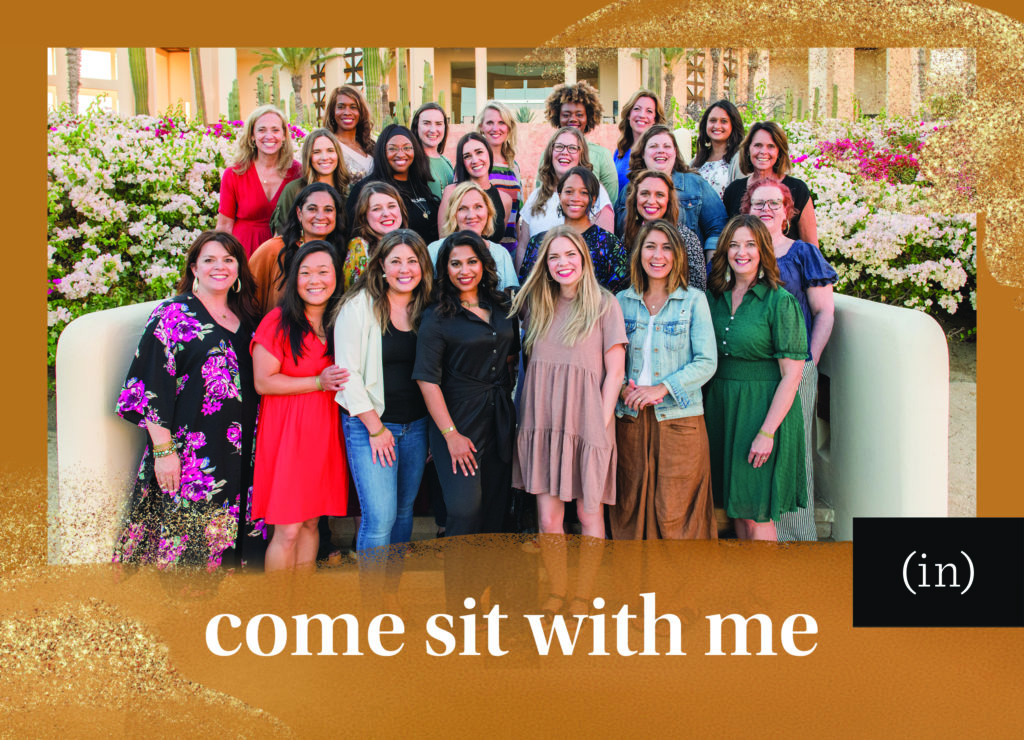Don’t burn out; keep yourselves fueled and aflame. Be alert servants of the Master, cheerfully expectant. Don’t quit in hard times; pray all the harder. Help needy Christians; be inventive in hospitality.
Romans 12:11-13 (MSG)
There is nothing we love more at (in)courage than clinging to God’s truth together and praying for one another.
Today, we invite you to do three things:
- Share a verse in the comments that is encouraging your heart.
- Leave a prayer request.
- Pray for one or more of the women who commented above you.
“I mean this. When two of you get together on anything at all on earth and make a prayer of it, my Father in heaven goes into action. And when two or three of you are together because of me, you can be sure that I’ll be there.”
Matthew 18:19-20





